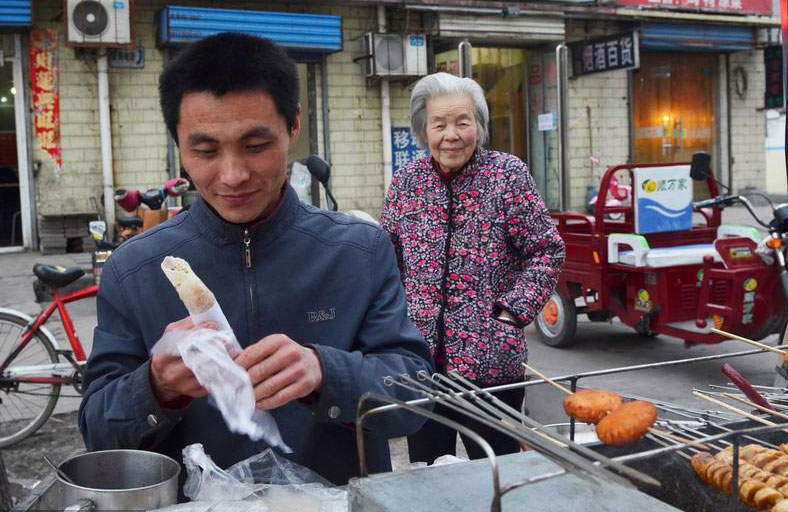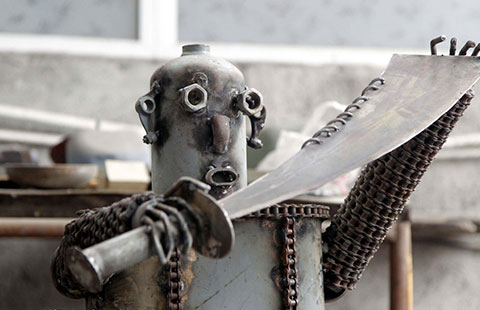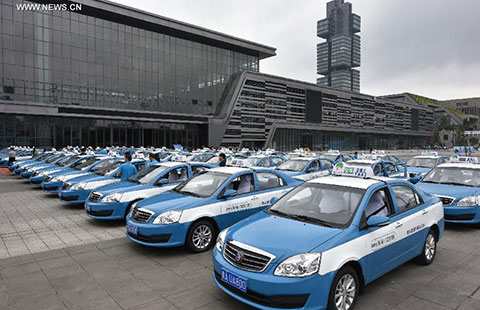If the food's anything to go by, Poland hits the mark
By Liu Jie (China Daily) Updated: 2015-06-26 10:05Strolling through the streets of Lodz, the Polish city around 90 minutes' drive from the capital Warsaw, you don't see many Chinese faces.
But Marek Cieslak, its deputy mayor, has a Chinese-language name card.
Since the completion of a 9,826-kilometer cargo train route in April 2013 linking the city to Chengdu, capital of Sichuan province, he said he has received hundreds of business delegations from China.
"We are making great efforts to attract Chinese investment and want some exports of our own to go there, such as agricultural products and processing food, via the route," he said.
The weekly train service between the cities takes 12 days, and can carry around 40 containers. The goods then can be transferred within three days to reach London, Paris, Berlin and Rome using the widespread European railway and road network.
However, only a small amount of Polish goods are returning to China.
Statistics from China's Ministry of Commerce show that in 2014, Poland's imports from China were worth $14.26 billion, while Polish exports in the other direction were just $2.94 billion. By the end of 2013, China's direct investment in Poland was around $10 billion.
My trip there was actually an impulsive decision, suggested by a close friend.
The picture in my mind before I arrived was of a largely industrial country, which is also rich in its own culture-but there is so much more to Poland than many people think.
Take its food, for example.
When I got back to China after my seven days in Lodz and Warsaw, one-third of my luggage space was taken up with local produce-cheeses, sausages, hams, pickled vegetables and fruit, all of which was around a quarter of the price of the equivalents in China, either locally supplied or imported, and in some cases double as good.
This possibility never entered my head before I left for Poland.
The country, I discovered, is in fact a major agricultural nation, well-known across Europe for the quality of its apples, dairy products, pork and grains.
Crucially, the sector is dominated by small farm holdings, resulting in fewer fertilizers and pesticides being used, a massive sell for its goods around the world.
Despite their popularity in Europe and China's ever-increasing demand for high-quality food, Polish food products here are rare.
Sui Bo, our tour guide, came to Poland a decade ago to attend the language school in Lodz.
- China's coal industry loses steam as demand from end-users falters
- Belt and Road to get $113b in CITIC financing
- Alibaba-backed Internet bank opens in East China
- Traditional lines blur between banking and e-commerce
- Countries and regions that have signed FTAs with China
- Minsheng to offer new Amex cards
- Plastic lending climbs to record high of 2.55t yuan in Q1
- China 'ahead of Japan on Thai rail upgrade'

















